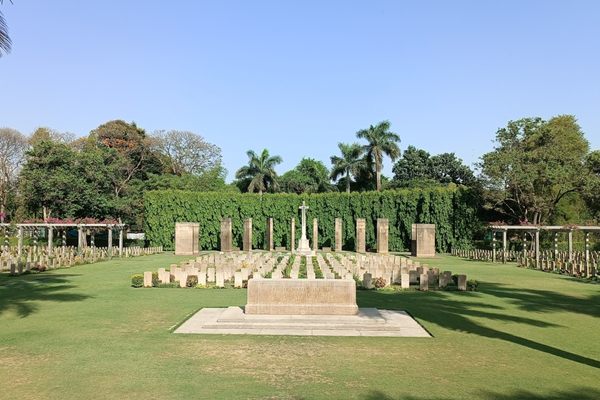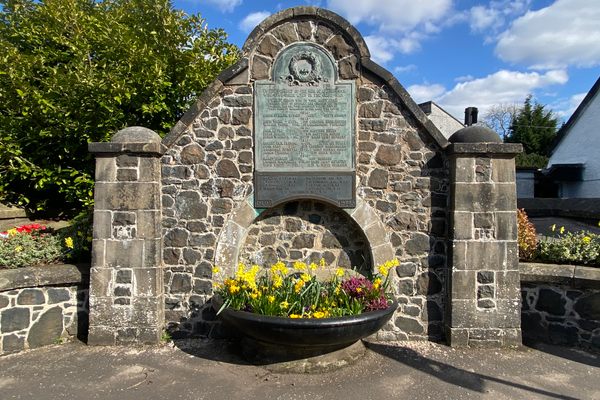About
Although far from the European front lines, the then-British colony of Sierra Leone was important to the war effort in both world wars. In World War I, the Royal West African Frontier Force served in operations against German forces in then-Togoland. In World War II, the strategic location of the port of Freetown meant it was fortified and became a critical base for protecting sea routes to the Middle East, India, and Australasia.
The vast majority of these forces were native Africans, many of them Sierra Leonean. Sierra Leoneans served as soldiers in the Frontier Force, and an even larger number served in the Carrier Corps. Combat in the African interior relied on vast quantities of materiel, but a lack of roads and mechanization meant that often the only effective method of transport was on the heads of the Carrier Corps.
Sierra Leonean forces saw combat from East Africa to Italy, and faced a grim death toll. Besides death in combat, many hundreds died of sicknesses including dysentery, tuberculosis, and especially malaria. The Commonwealth War Graves Cemetery honors soldiers who died during service in World War II. The cemetery contains the graves of 70 West African and four British soldiers.
Related Tags
Know Before You Go
The cemetery is open every day.
Community Contributors
Added By
Published
December 16, 2024
Sources
- https://www.cwgc.org/our-work/news/cwgc-to-honour-forgotten-sierra-leonean-world-war-one-dead/
- https://www.rafmuseum.org.uk/research/online-exhibitions/pilots-of-the-caribbean/answering-the-call/the-second-world-war-1939-to-1945-the-home-fronts/
- https://www.bbc.com/news/world-africa-60301758
- https://www.cwgc.org/non-commemoration/sierra-leone/































